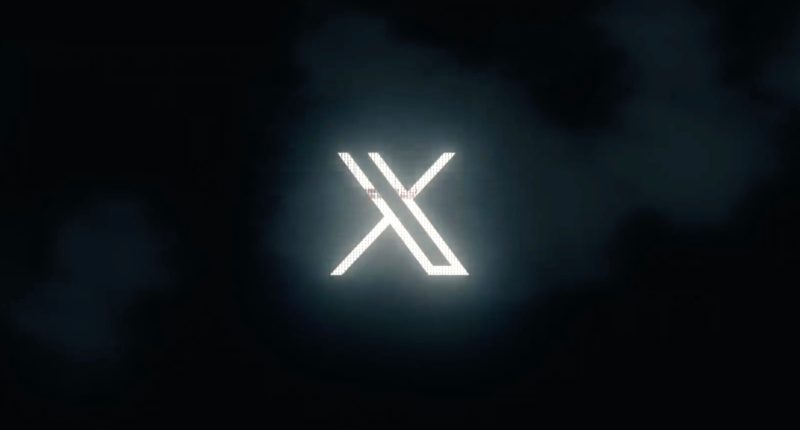A federal judge in California recently ordered the unsealing of X Holdings’ corporate disclosure statement, marking a pivotal moment for Elon Musk’s social media and AI ventures. This ruling opens the door to a fuller understanding of the financial stakeholders behind X, the rebranded version of Twitter, as well as X.ai, the AI startup Musk had launched last year, under the aegis of X.
Elon Musk’s journey to acquiring Twitter began in 2022 when he initiated his bid to purchase the social media giant. After a series of legal and financial hurdles, Musk successfully bought Twitter for $44 billion, subsequently taking the company private. This allowed him to implement sweeping reforms, including laying off roughly three-quarters of Twitter’s workforce. As part of his broader vision, Musk rebranded the platform as X in 2023, aligning it with his desire to create a multifunctional application that encompasses social media, digital payments, and artificial intelligence.
X Holdings emerged as the parent entity for both X, the platform, and X.ai, Musk’s artificial intelligence initiative. X.ai, launched in 2023, reflects Musk’s long-standing interest in AI and complements his vision of integrating advanced technology into everyday life. However, despite the high-profile nature of Musk’s ventures, the financial stakeholders behind X Holdings have largely remained a mystery—until now.
The origins of the legal dispute that led to the unsealing of X Holdings’ disclosure statement can be traced back to a lawsuit filed in 2023 by a group of former Twitter employees. These employees alleged that Musk had violated their arbitration agreements by failing to cover specific fees after his takeover of the company. The lawsuit opened a window for Jacob Silverman, an independent journalist, to intervene. Backed by the Reporters Committee for Freedom of the Press, Silverman sought the unsealing of the shareholder list, arguing that it was in the public interest to reveal who had a financial stake in X.
Silverman’s push for transparency was rooted in concerns over the platform’s influence on public discourse. With X being a major forum for global conversations, questions arose about who held sway over the platform’s governance. As Silverman put it, “It’s about transparency, disclosure, and free speech — on behalf of the public and X’s users.” The case reached a critical point when U.S. District Judge Susan Illston ruled in favor of unsealing the corporate disclosure statement, determining that X Holdings had not provided sufficient justification for keeping the information confidential.
When Musk initially took over Twitter, a few prominent investors were identified, including Jack Dorsey, Twitter’s founder and former CEO, and Larry Ellison, co-founder of Oracle. These figures rolled over significant portions of their Twitter shares into X Holdings, demonstrating their belief in Musk’s vision for the company’s future. Alongside them, venture capital firms like Andreessen Horowitz and Sequoia Capital were also revealed to have backed Musk’s acquisition. However, beyond these high-profile names, the full list of investors remained concealed.
However, with the judge’s ruling, X Holdings is now required to publicly disclose its list of investors by September 4, shedding light on nearly 100 entities and individuals with financial stakes in Musk’s ventures. Among the names expected to appear are influential figures in the world of technology and finance, including Saudi Prince Alwaleed bin Talal al Saud and venture capital firm 8VC, co-founded by Joe Lonsdale. Notably, the disclosure also includes more unexpected names, such as UnipolSai S.P.A., an Italian financial services company based in Bologna, and even hip-hop mogul Sean “Diddy” Combs, who has ties to the company through a fund.
The Tech Portal is published by Blue Box Media Private Limited. Our investors have no influence over our reporting. Read our full Ownership and Funding Disclosure →






